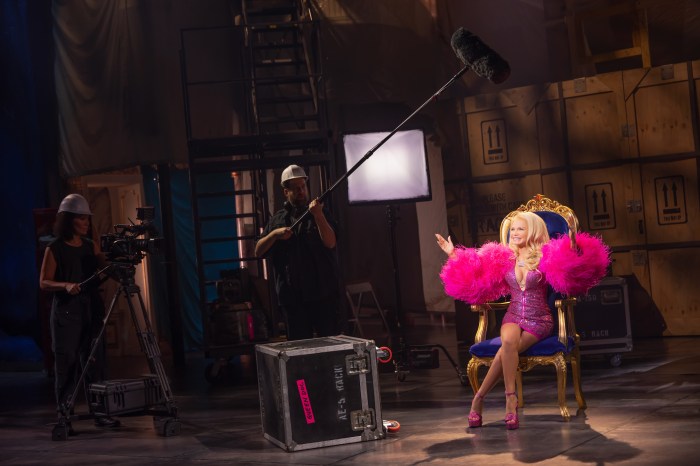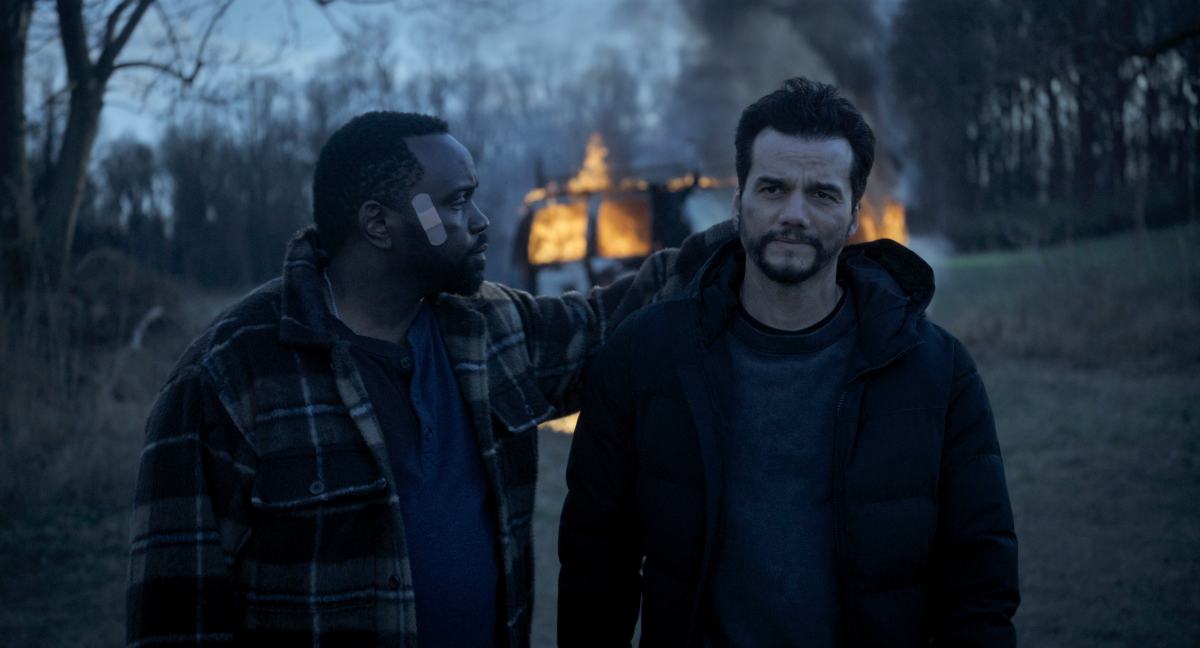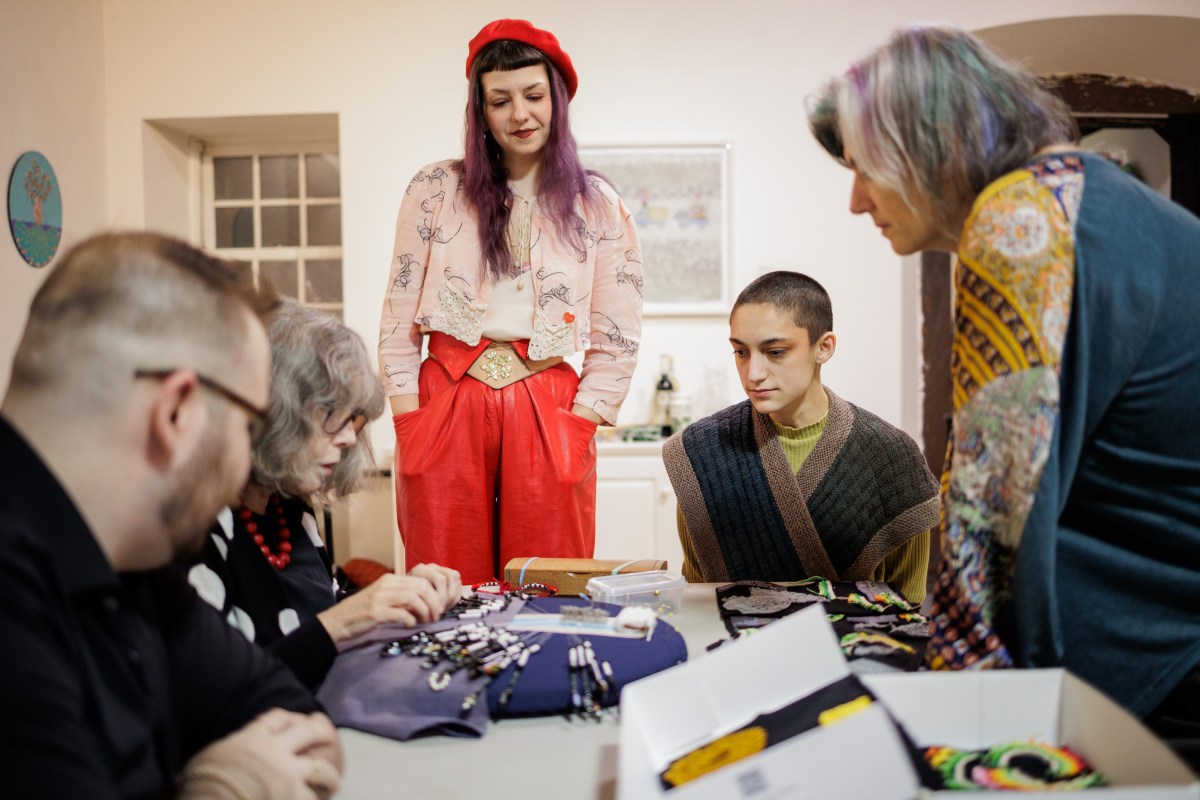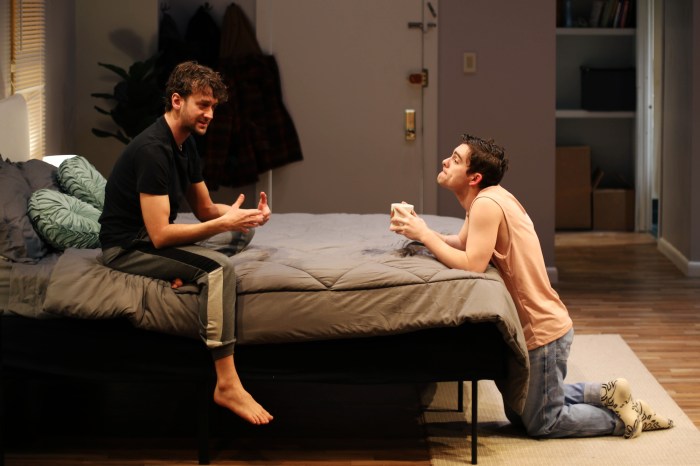The Tour de France began punishing athletes decades before the term “extreme sports” was coined. Next month’s 105th edition of the cycling race will test riders for 2,082 miles in three weeks, come driving rain or blistering heat, across bone-jangling cobblestones, up mountains in the Alps and Pyrenees, and through descents at breakneck speeds.
In the search for any edge, some teams have chosen illegal routes to allow their riders to endure more and recover faster, not just popping pills or shooting up, but swapping out their blood.
Joe Mungo Reed’s absorbing debut novel, “We Begin Our Ascent,” combines the drama of the Tour itself with the tragedy of a doping scandal, all seen through the eyes of Sol, a young domestique, or support rider, who works for the team’s success instead of individual glory.
Reed has a real grasp of professional cycling — the dynamics of the race, the symbiosis between riders, the sacrifices taken on — and Tour fans will enjoy the book simply on that level.
But this novel stands out in the story of Sol and his wife, Liz, how they each strive to maintain their individuality and relevance in marriage.
Reed’s writing has a hypnotic cadence. It hums along. Declarative statements drive the narrative. To pick up the pace, he drops in a longer sentence, the rhythm carried by cascading clauses.
The plot plays on homophones, ascent and assent. The former refers to the riders making their way through the Tour’s mountain stages. The latter refers to the critical decisions made by both Sol and Liz, those times they say “yes,” decisions that dictate their fate.
Both words allow for gradual progress, inching forward, accumulating consequences, until finally the couple arrive at a place where there is nothing to do but hurtle back down.




































